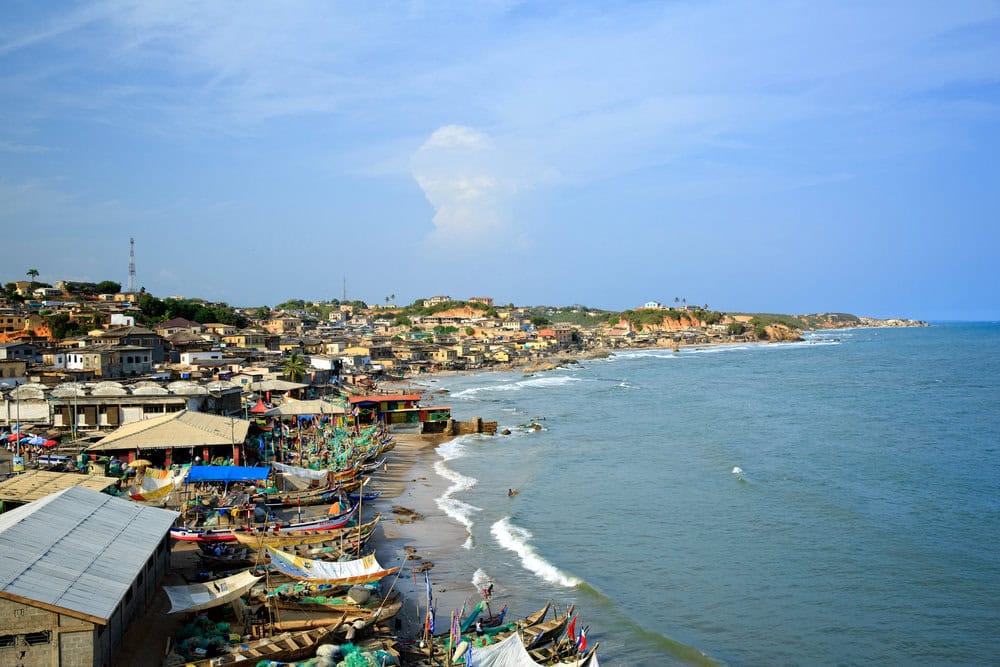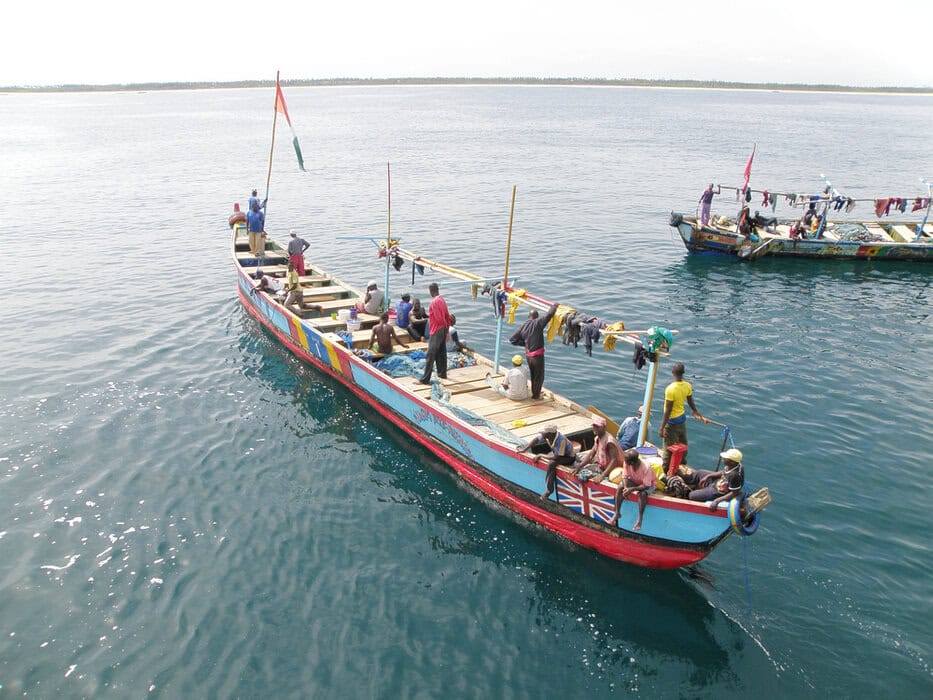
Traveling in West Africa is unforgettable. You’ll find culture, music, food, and people that leave a mark for life. But it can also feel overwhelming if you’re not used to how things work. Whether you're heading to Côte d’Ivoire, Senegal, or Ghana, knowing how to plan and move smartly will make your trip smoother and safer.
This guide breaks it down into simple steps so you can enjoy the best of West Africa without the chaos.
Côte d’Ivoire alone has over 60 ethnic groups, each with its own food, music, and traditions. From the drum-heavy street parties of Abidjan to quiet fishing villages along the coast, the region offers something different in every direction.
You can hike to hidden waterfalls near Man, tour cocoa farms in San Pedro, or try attiéké and grilled fish by the beach in Grand-Bassam. It’s not polished or packaged — and that’s exactly the point.
Wi-Fi is common in major cities. Mobile money works almost everywhere. Ride-hailing apps are growing fast. Travel infrastructure isn’t perfect, but it’s getting better every year. Côte d’Ivoire has upgraded major roads, added new hotels, and even launched a contactless metro card system in Abidjan.
Still, you’ll want to keep a local SIM card and offline maps handy. Google Maps works in most areas, but drivers may prefer local directions.
Most travelers need a visa to enter Côte d’Ivoire. The e-visa system is the easiest option. Apply online, pay the fee, and pick it up at Abidjan airport when you arrive. Processing usually takes 48 hours.
You’ll also need proof of yellow fever vaccination. Carry your card — they do check.
The local currency is the West African CFA franc. Cash is still king in most places. Bring crisp euros or dollars to exchange. Some ATMs work with international cards, but not all.
For safety, don’t carry large amounts of cash. Use mobile money (like Orange Money or MTN) when possible. You can top up at most corner shops.
French is the main language in Côte d’Ivoire. In big cities like Abidjan and Yamoussoukro, younger people may speak basic English. Outside those areas, it’s best to know key French phrases or use a translator app.
Politeness matters. Greetings go a long way. Say hello, ask how someone is, and thank people often. It sets the tone.
Taxis are common but not metered. Always agree on the fare before getting in. In Abidjan, “Wôrô-Wôrô” shared taxis are cheap but crowded. They follow fixed routes and are best for short trips if you’re feeling adventurous.
For more comfort, use ride-hailing apps like Yango or TaxiJet. They’re safer and more reliable, especially at night.
Longer distances are served by buses and minivans. Companies like UTB and STC run services between cities. Book a day ahead and bring snacks — delays are normal.
For travelers to Ghana who prefer more independence on the road, it’s important to understand the IDP requirements and road tips for Ghana . An International Driver’s Permit allows you to legally rent a car, avoid issues at checkpoints, and explore beyond major hubs like Accra, Kumasi, and Cape Coast. Always carry both your home license and your IDP, plan fuel stops in advance, and try to drive during daylight hours when road conditions are easier to manage.
If you're going from Abidjan to the north (Korhogo or Bouaké), local flights save time. Air Côte d’Ivoire runs several weekly routes. Flights are quick, but not cheap. Still worth it if you’re short on time.
Ivorian cuisine is full of flavour. Start with street food like alloco (fried plantains), attiéké (cassava couscous), and grilled chicken. Most meals come with spicy sauces. If you can’t handle heat, ask for it “sans piment.”
In fancier restaurants, you’ll find seafood stews, braised fish, and dishes with peanut or okra sauces. Many places also serve Lebanese and French food.
Street food is part of the experience, but stick to busy stalls where you can see food being cooked fresh. If you’re unsure, ask your host or guide where to eat.
Tap water isn’t always safe to drink. Use bottled or filtered water. Avoid ice unless you trust the source. Always keep a bottle in your bag, especially when traveling outside cities.

Abidjan has everything from luxury hotels to Airbnb-style apartments. Cocody and Plateau are popular neighborhoods for visitors. They’re safe, central, and full of cafes and markets.
Outside the city, options get simpler. In Grand-Bassam, you’ll find beachside lodges and small hotels. In Korhogo, guesthouses are common. Booking sites like Booking.com and Jumia Travel are useful, but always read recent reviews.
One bad review might just be about slow Wi-Fi or noise. But if multiple guests mention the same issue, take it seriously.
Most visits to Côte d’Ivoire are safe. But like any major destination, some areas are riskier than others. Pickpocketing can happen in crowded markets. Keep your phone and valuables close.
Avoid walking alone at night in unfamiliar areas. Use trusted transport. In beach towns, beware of strong currents. Some spots look calm but can be dangerous.
If something feels off, trust your gut. Ask locals or hotel staff before wandering into new areas.
Clean up your online footprint before you go for your own protection— and if you spot confidential information about you in the public domain, it helps to know how to delete Google search results.
Visit a travel clinic before your trip. Make sure your vaccines are up to date. In addition to yellow fever, consider typhoid, hepatitis A, and malaria prevention.
Carry basic meds — anti-diarrheal, rehydration salts, bug spray, sunscreen. Pharmacies are available in cities, but harder to find in rural towns.
Traveling in West Africa, especially Côte d’Ivoire, is a wild mix of beauty, rhythm, and surprises. It’s not always smooth, but that’s part of what makes it worth it.
You’ll hear languages you’ve never heard before. Eat meals that don’t exist on menus. Ride in taxis that stop for goats and dancers in the street. It’s not a trip built around control. It’s built around connection.
Plan ahead, move with care, and stay curious. Talk to locals. They’ll often point you to better food, safer transport, or festivals you’d never find online. Before you book anything, always look for reviews.
Don’t rush. Take the long route once in a while. If a bus is late, walk to the corner café and order a bissap or ginger juice. If a shop is closed, strike up a conversation with the person sweeping outside. The magic often lives in the side streets, not the guidebooks.
Learn the food. Ask how things are made. Try attiéké with your hands. Try dishes you can’t pronounce. Let someone teach you how to eat like a local. It’s more than fuel. It’s culture.
Watch the sunsets. From the rooftops of Abidjan to the beaches of Grand-Bassam, the sky here puts on a show every night. And in those quiet moments, you’ll feel the pace slow down and your thoughts settle. That’s when travel starts to shift from sightseeing to experience.
Keep a little room in your plans for the unexpected — because in West Africa, that’s where the best stories come from. And if you leave with sand in your shoes, new friends in your contacts, and a rhythm in your step, you did it right.
This is a guest post.

Sara Essop is a travel blogger and writer based in South Africa. She writes about family travel and experiences around the world. Although she has been to 50 countries thus far, she especially loves showcasing her beautiful country and is a certified South Africa Specialist.